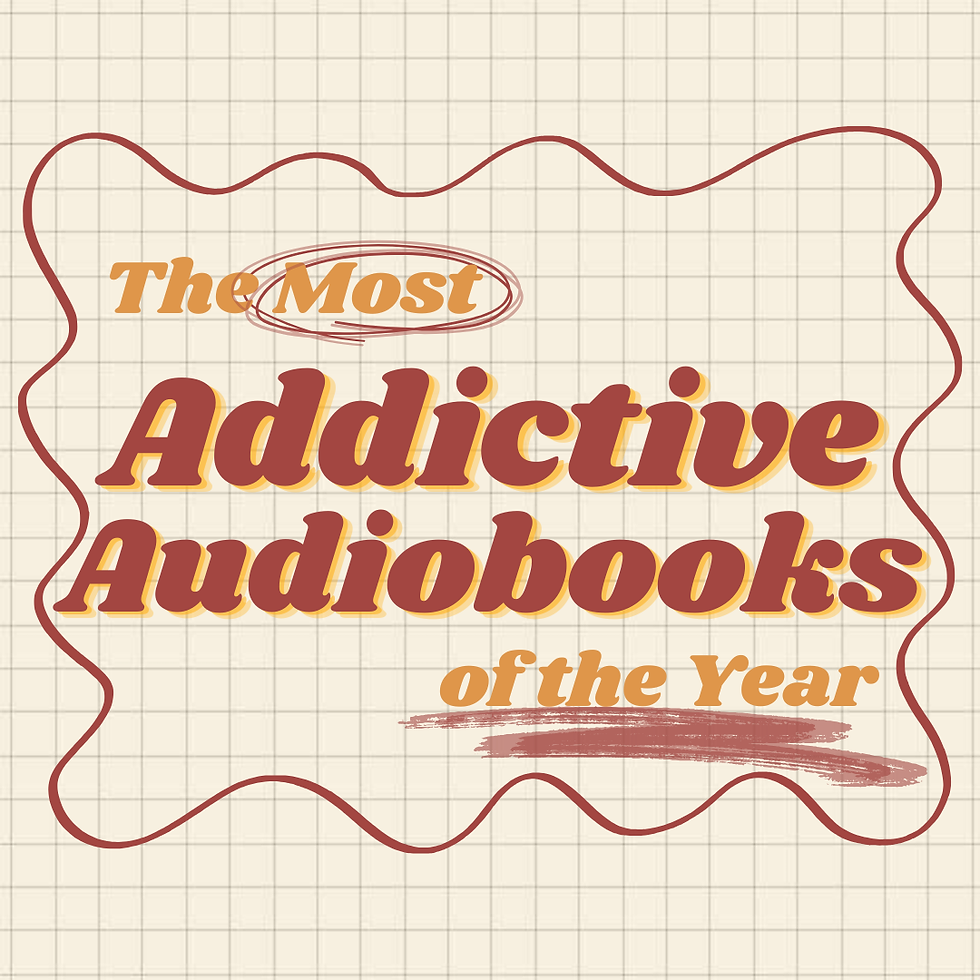Highlights in the Charts
- The Publishing Post

- Oct 11, 2020
- 3 min read
The Switch by Beth O’Leary

The Switch is Beth O’Leary’s eagerly awaited follow-up to her bestselling debut, The Flatshare. Feel-good and full of heart, fans of O’Leary will certainly not be disappointed by her second offering.
The story focuses on Leena Cotton and her grandmother Eileen, who spontaneously decide to swap lives! Leena retreats to the rural Yorkshire village of Hamleigh-in-Harksdale while Eileen braves the big city and heads to London, determined to have some fun.
Despite enjoying both aspects of the dual narrative structure, I was particularly drawn to the chapters narrated by Eileen. To have a seventy-nine-year-old protagonist embrace the thrills of London life and embark on a wonderful, sensual love affair felt remarkably refreshing. Eileen’s zest for life was inspiring and I loved reading about her adventures.
Having fallen head over heels for Leon and Tiffy in The Flatshare, I assumed the love stories would be my favourite part of The Switch. In contrast, I found it far more interesting to hear about how both Leena and Eileen were able to use this life swap to heal themselves and choose a new path in life.
What’s more, I found the exploration of loneliness among the elderly population of Hamleigh-in-Harksdale, as well as the discussion of grief and its long-lasting effects on a family, incredibly moving and compassionate.
Thus, while I admit I wasn’t as invested in the love stories driving the plot, this novel is in many ways more compelling than The Flatshare. The reader is invited to share in the love, grief and passion, and I for one would love to hear more from Eileen Cotton.
The Binding by Bridget Collins

Readers of a publication like The Publishing Post are probably well aware of the magic that can be garnered from reading a really good novel – especially if they pause to take in this section, in particular. But what about if a book took it one step further? What about if one captured their magic in the literal sense, instead of just in the figurative?
The Binding by Bridget Collins manages this task and so much more. By placing books at the centre of her dystopian/alternative history, fantasy novel, she brings the richness of narrative, form and style to the forefront of the book’s arc. It is, after all, a sumptuous testament to the blending of genres: the high stakes of fantasy tied seamlessly together with the flowery, almost alive descriptions that often come with historical fiction.
Writing a book about books was always going to be a guarantor of success. Book lovers, after all, are a consistent bunch, and they often desire nothing more than to cram as many books, book references and book-related discussion into one singular reading experience. But Bridget Collins has chosen to not just rest on her laurels and on the gimmick that this so easily could have been. Instead, she uses every inch of talent and craft that she has (combined with the almost palpable love that she so obviously has for the novel) to weave a strange-but-familiar world where the link between books and memories will stay with the readers long after the final page has been closed.
Ghosts by Dolly Alderton

Arguably one of the most anticipated books of autumn, Ghosts is undeniably Alderton. Those who regularly ingest Dolly’s takes on social dilemmas, pop culture and dating through her columns or The High Low can rest assured that Dolly’s charm and observational sharpness shines through. Nina, a thirty-two-year old food writer, is ready to start dating again. Internet dating, of course, with which Nina’s relationship teeters between obsessive and disenchanted. Until she meets Max. Initially thrown by the ‘beguiling romantic hero’ described in the blurb, my wariness was confirmed with the words “it feels like it is all going to plan.”
Alderton’s debut fiction explores many of the same themes as her non-fiction bestseller Everything I Know About Love, traversing friendship, feminism and nostalgia with a deft hand. Whilst I anticipated ample helpings of wit and hilarity, Dolly’s writing is also surprisingly moving as she explores the idea of the fragmented self and the disorientation of losing control. Nina’s relationship with her parents, who are forced to confront their own mortality as she and her mother redevelop a relationship with a father who is changing daily, highlights this. Notably, Alderton does not shy away from the all-consuming fear of loss but leans into this vulnerability with Nina who experiences the frustration of dating apps and crippling sadness of heartbreak alongside the joy of unburdened youth and friendship. A particular highlight for me was the relationship between Nina and Lola, a recognisably frantic but unwavering friendship which, above all, is bursting with love and familiarity. Ghosts is, more than anything, a story about the undulating, gut-wrenching nature of love and how it can haunt us.








